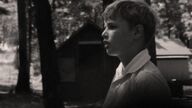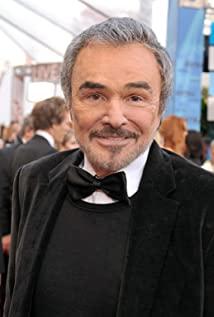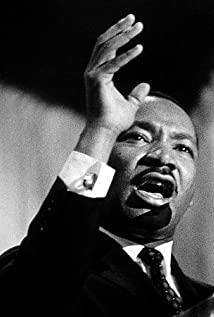It took two nights to finish watching this documentary about Marlon Brando. There is no need to go into details about Brando being a great actor. What I feel most about this documentary is that it is more like a typical case of growth psychology.
When Brando was young, his parents were both alcoholics, and his father often abused Brando and Bai’s mother. In addition, his father often fooled around with women. In addition to rarely giving Brando some love, his mother was also immersed in most of the time. Self-anaesthetized in alcohol, until later left without saying goodbye and never came back.
One can imagine what such a family brings to the children. Brando is destined to lack the love from the family and the care from his parents. Such children will inevitably have low self-esteem, lack of self-confidence, insecurity, need love all the time, and their heart is full of fear all the time.
Psychology often says that what is lacking will be made up for. What is lacking in childhood is often what this person has to look for throughout his life. Look at Brando's life that he really lived like this. He kept looking for women, but he did not spend a long time with one person; he liked the spotlight but was afraid of being harmed by the media and living in isolation; he did not want his children to repeat his mistakes, but his son was imprisoned and his daughter committed suicide; he molded The character can be wonderful, but he has never opened his heart to anyone. He is eager to be sincere but disguise himself with lies everywhere. He lived in contradictions all his life, and finally returned to nothingness spiritually. He forgave his father but always believed that his father had ruined his childhood. What he missed the most was the love he got from an Asian babysitter at the age of seven, so that his pageant standards were mostly women with yellow complexions. In the end, he didn't get out of the shadow of his childhood, and he couldn't get spiritual relief. Perhaps his sensitivity and fragility have created his artistic greatness, but his character defect made him suffer for a lifetime.
Brando forgave his father because he thought his father was also a bad luck, and was abandoned by Bai's grandfather when he was four years old. This is really a painful cycle. A neurotic family will always have the continuation of the neuropathy. So if you know that you have a psychological barrier and can't get out of this mental distress, then it's not to pass on the incense, you really have to think about it. How many neurotic fathers want to get a new life through their children, but in the end they just create another neuropathy. Who said that raising children is not because of selfishness?
But having said that, without this crazy father, maybe the world is missing a great actor.
For life, what can we say besides being in awe?
View more about Listen to Me Marlon reviews











